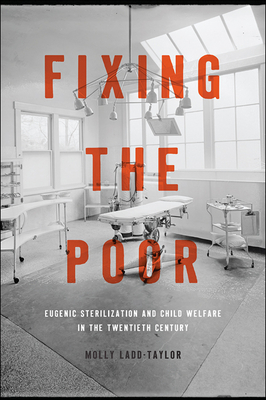Expedite your nonfiction book discovery process with Readara interviews, summaries and recommendations, Broaden your knowledge and gain insights from leading experts and scholars
In-depth, hour-long interviews with notable nonfiction authors, Gain new perspectives and ideas from the writer’s expertise and research, Valuable resource for readers and researchers
Optimize your book discovery process, Four-to eight-page summaries prepared by subject matter experts, Quickly review the book’s central messages and range of content
Books are handpicked covering a wide range of important categories and topics, Selected authors are subject experts, field professionals, or distinguished academics
Our editorial team includes books offering insights, unique views and researched-narratives in categories, Trade shows and book fairs, Book signings and in person author talks,Webinars and online events
Connect with editors and designers,Discover PR & marketing services providers, Source printers and related service providers

Fixing the Poor: Eugenic Sterilization and Child Welfare in the Twentieth Century
Medical > History
- Johns Hopkins University Press
- Paperback
- 9781421437996
- 8.9 X 6 X 0.9 inches
- 0.9 pounds
- Medical > History
- (Single Author) Asian American
- English
Readara.com
Book Description
Between 1907 and 1937, thirty-two states legalized the sterilization of more than 63,000 Americans. In Fixing the Poor, Molly Ladd-Taylor tells the story of these state-run eugenic sterilization programs. She focuses on one such program in Minnesota, where surgical sterilization was legally voluntary and administered within a progressive child welfare system.
Tracing Minnesota's eugenics program from its conceptual origins in the 1880s to its official end in the 1970s, Ladd-Taylor argues that state sterilization policies reflected a wider variety of worldviews and political agendas than previously understood. She describes how, after 1920, people endorsed sterilization and its alternative, institutionalization, as the best way to aid dependent children without helping the undeserving poor. She also sheds new light on how the policy gained acceptance and why coerced sterilizations persisted long after eugenics lost its prestige. In Ladd-Taylor's provocative study, eugenic sterilization appears less like a deliberate effort to improve the gene pool than a complicated but sadly familiar tale of troubled families, fiscal and administrative politics, and deep-felt cultural attitudes about disability, dependency, sexuality, and gender.
Drawing on institutional and medical records, court cases, newspapers, and professional journals, Ladd-Taylor reconstructs the tragic stories of the welfare-dependent, sexually delinquent, and disabled people who were labeled feebleminded and targeted for sterilization. She chronicles the routine operation of Minnesota's three-step policy of eugenic commitment, institutionalization, and sterilization in the 1920s and 1930s and shows how surgery became the price of freedom from a state institution. Combining innovative political analysis with a compelling social history of those caught up in Minnesota's welfare system, Fixing the Poor is a powerful reinterpretation of eugenic sterilization.
Author Bio
My research focuses on the histories of women’s health, maternal and child welfare policy, and eugenics in the United States.
My early work explored how middle-class “maternalists” used the image of the good mother, burdened by poverty and overwork, to build a public health and welfare system they thought would protect mothers and children. Later, I shifted my attention from "good" to "bad" mothers, as I sought to understand the ideas and social policies that defined some women as “bad” mothers, unfit to rear or even bear the nation’s citizens.
My new research focuses on post-World War II legacies of eugenics in popular thinking about “bad” kids.
Research Interests
Research Interests: 20th Century U.S. History, health and welfare, gender, childhood, eugenics, History
- Education
Ph.D., American Studies, Yale University
M.A., American Studies, Case Western Reserve University
B.A., Honors in History, Oberlin College
Source: York University
Community reviews
No Community reviews




